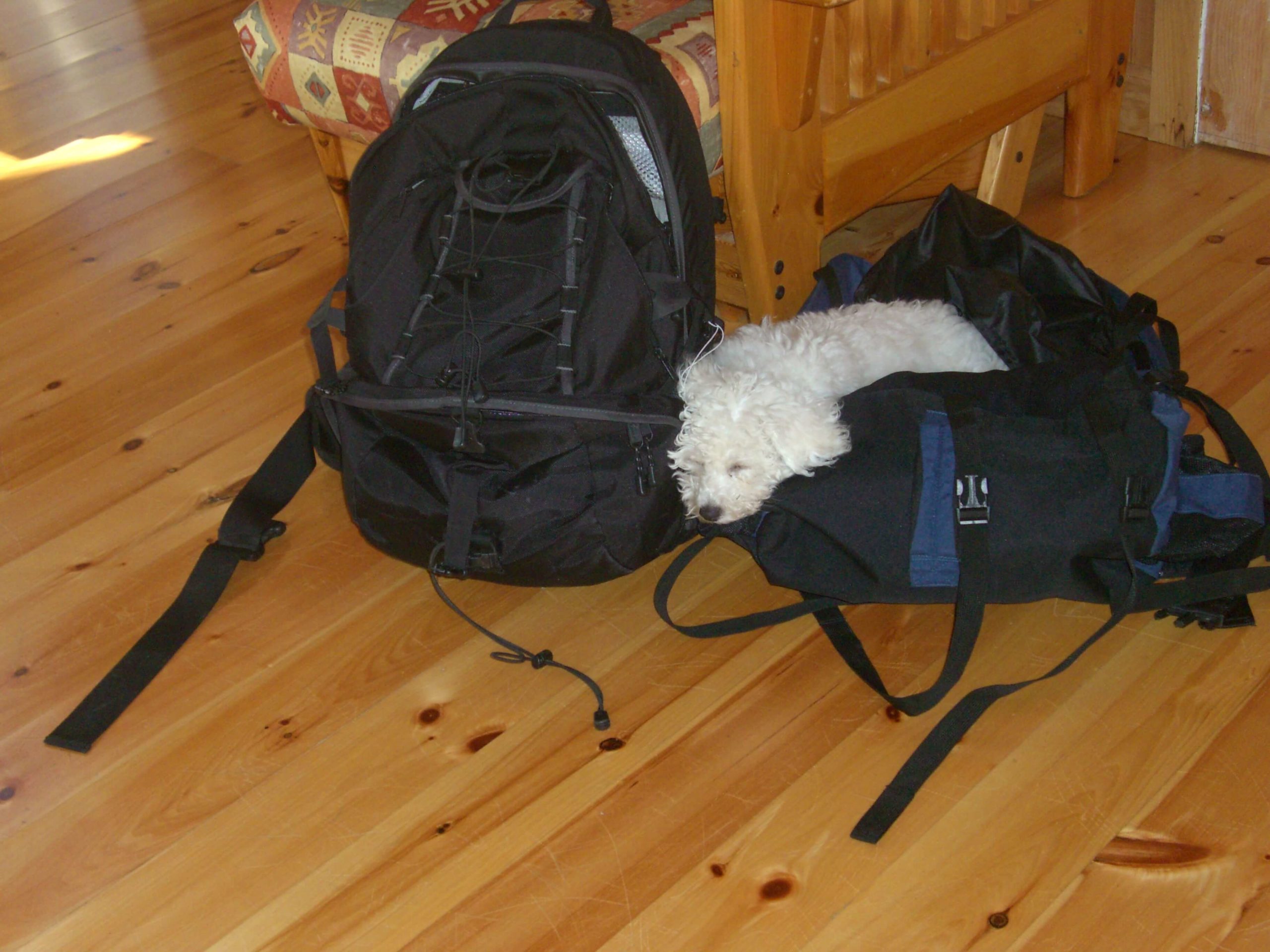
Published: March 10, 2020
Last Updated: October 21, 2022
As a general rule, you may not deduct expenses from employment income except for certain employment – related expenses that are specifically allowed. One example of such an allowable deduction is the motor vehicle travel expense in a limited number of situations. An employee who is ordinarily required to perform their work away from the employer’s place of business or who is “on the road” for work at all times and is required to use a vehicle can use the travel expenses incurred as a deduction against employment income. The employer must complete Form T2200 “Declaration of Conditions of Employment” in order for the employee to be able to deduct employment expenses from his/her income.
In general, motor vehicle expenses can only be claimed as expenses related to “on the job” travel. If you drive from your home to your place of employment and then back home, you may not claim the travel costs associated with that commute. This is because Canada Revenue Agency (“CRA”) regards this use as a personal use of your motor vehicle. However, if you are required by your employer to take your motor vehicle to work and would have taken a less expensive means of transport to work had it not been for your employer’s requirement, you may be eligible to claim the costs associated with your commute to work as a deduction on your income tax return.
In the Tax Court of Canada decision of Tolson v. HMQ [2007TCC661], the taxpayer was required to travel for employment related purposes and his employer gave him two vehicle allowances – a per kilometre allowance and a fixed allowance. When claiming motor vehicle expenses, the taxpayer included the expenses associated with his daily 30-kilometre drive between his residence and his office. The taxpayer justified this by stating that the only reason he took his motor vehicle to work was because his employer required him to do so. If it had not been for his employer’s requirement, he would have carpooled or taken public transportation. The Minister denied the deduction on the basis that traveling to and from work was personal use of a motor vehicle. In addition, although the taxpayer was entitled to claim a per kilometre allowance, he did not do so. Therefore the Minister presumed that the taxpayer did not use the vehicle for employment-related purposes and denied all motor vehicle expenses.
Justice Sheridan found that the taxpayer was required to have his motor vehicle available at the office and that the only way that requirement could be satisfied was to drive it to work each day. Although counsel for the Crown suggested that the taxpayer should have left his vehicle permanently parked at the office, the judge stated that this would have deprived the taxpayer of all personal use of his vehicle and that such deprivation would be unreasonable. Therefore, the taxpayer was allowed to claim the deduction for the travel expenses associated with his commute to and from work. The taxpayer was also permitted to claim his “on the job” travel expenses despite the fact that he did not claim the per kilometre travel allowance.
Disclaimer:
"This article provides information of a general nature only. It is only current at the posting date. It is not updated and it may no longer be current. It does not provide legal advice nor can it or should it be relied upon. All tax situations are specific to their facts and will differ from the situations in the articles. If you have specific legal questions you should consult a lawyer."
Frequently Asked Questions
You cannot claim any expenses without receipts. If you have receipts then you can claim business-related travel expenses except for regular commuting to and from your place of employment. You can also potentially claim for 50% of the cost of some of the meals you eat while travelling for business. Your tax lawyer or accountant will explain which ones you can claim for.
If you get audited by the CRA and don’t have receipts, you will lose your deductions. There are no exceptions to this. No receipt means no deduction. Unfortunately, credit card and bank statements are not accepted as proof of expenditure. However, certain taxpayers may be able to claim some of their vehicle and meal expenses by using the simplified method.
The maximum you can claim on tax without receipts is zero. The CRA only accepts deductions if you produce the original receipts or invoices. If you have lost some, you could try contacting the seller and asking for a duplicate. You need to hang onto your receipts for a minimum of 6 years because you could be audited at any time during that period.
One exception to this is work-from-home expenses during the 2020, 2021, and 2022 tax years which can be claimed using a temporary flat-rate. The flat rate is $2 for each day you worked at home due to COVID-19 to a maximum of $500 or 250 working days.






